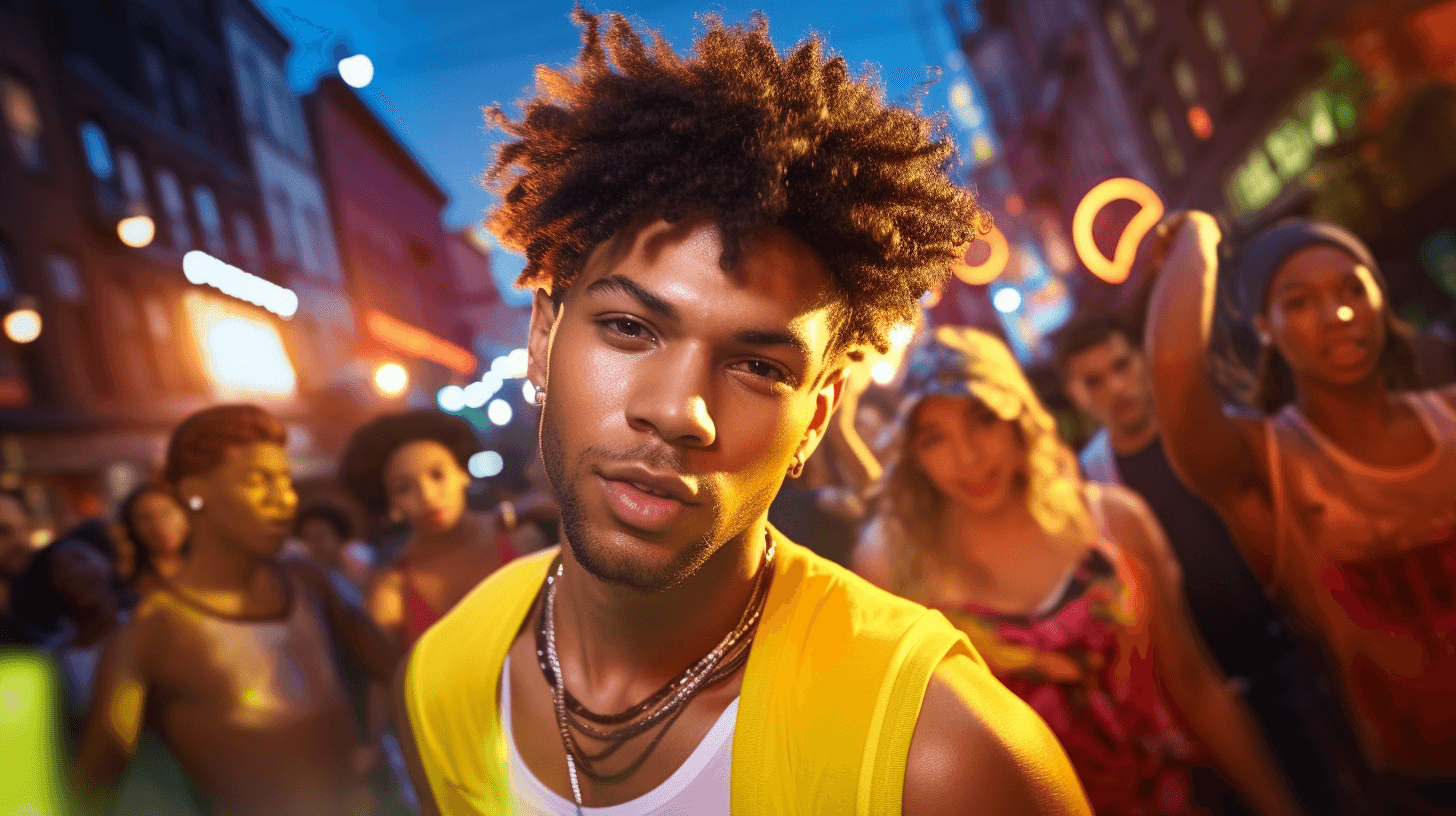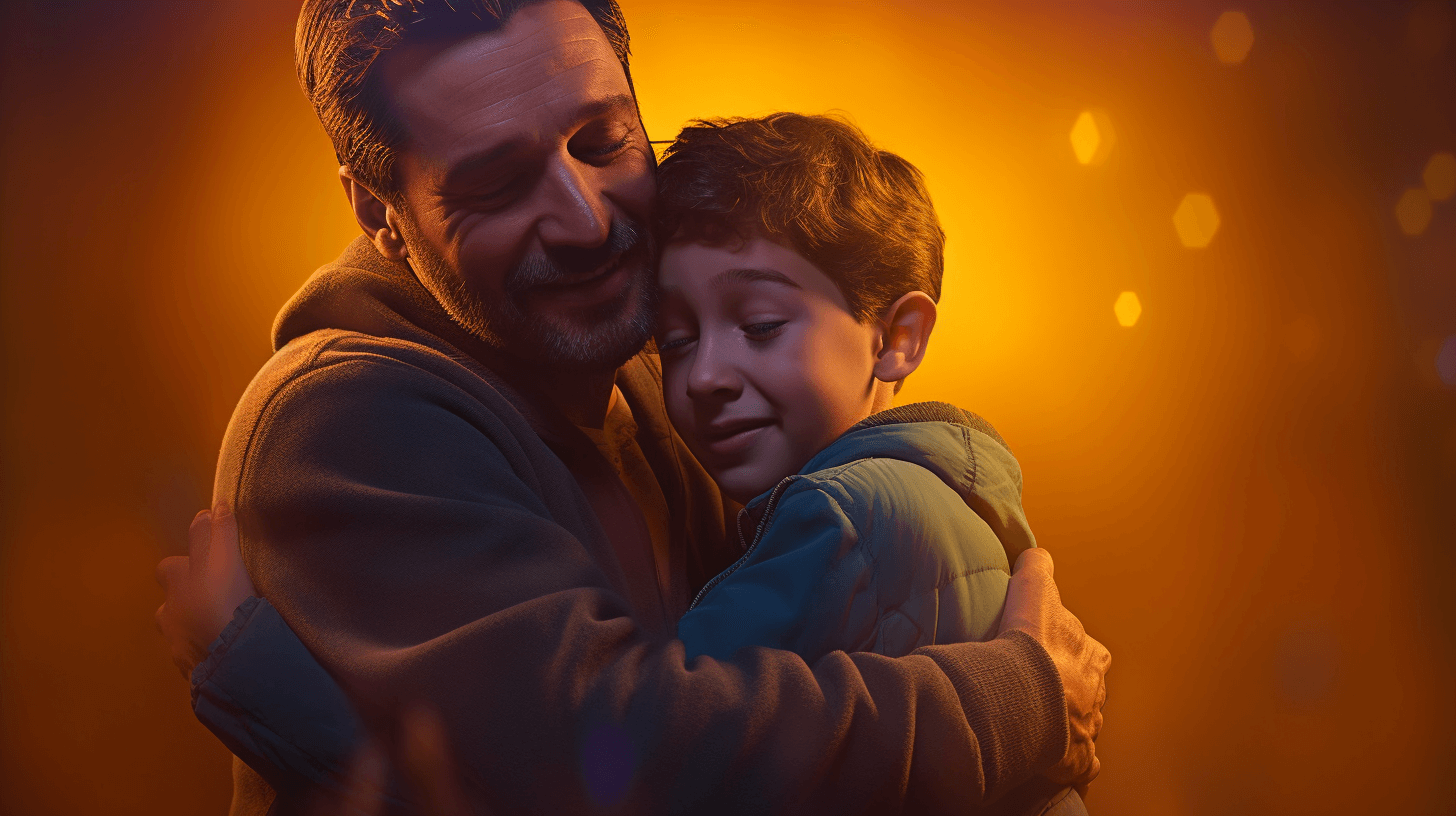🍁💉🏥 Check Out da Three Kine Shots fo’ Autumn: All You Gotta Know
⬇️ Pidgin | ⬇️ ⬇️ English
Brah, plenty peeps across da USA done went get their kine flu an’ Covid shots, yeah? Now, get dis new kine shot fo’ protect da old folks from da less known respiratory syncytial virus (R.S.V.). This buggah can cause just as much hospitalizations an’ fatalities as da flu virus, if no more. 🏥😷🦠
Da big shots at da federal health department hope that everybody getting these tree kine shots gonna prevent anotha big outbreak of respiratory illnesses, like da one from last winter. Fo’ da peeps with insurance, all these shots should be free. 🏦💸💉
Doctor Ofer Levy from da Boston Children’s Hospital, who also advises da Food and Drug Administration, said get choke vaccines now. He and other experts also share their mana’o about who should get which shots, and when. 🏥💡💉
What kind respiratory illnesses might come bite us? 🤒🍂
Da coronavirus, flu, an’ R.S.V. all might make comeback dis autumn, but nobody know exactly when an’ how much damage they gonna cause. Dat’s partly because all da lockdowns during da pandemic wen’ change da seasonal patterns of da viruses. 🦠😷🔬
Last winter, da flu wen’ hit its peak in December instead of in February, like usually does. The virus might have caused as much as 58,000 deaths, which is more than usual. Covid wen’ steady most of da season, with a peak in January. 📈⛄️
R.S.V. is being recognized more an’ more as a big respiratory threat, especially to da old folks, people with weak immune systems, an’ young keiki. Scientists think eventually, these respiratory viruses gonna go back to their pre-pandemic patterns, but dat’s gonna be unpredictable for the next two years, Dr. Chu said. 🔬🦠💡
Which kine shots I gotta go get? 🤷♂️💉
Everybody should at least get da flu and Covid shots dis autumn, da experts said. The yearly flu shot is recommended for everybody 6 months and older, but it’s most important for adults aged 65 and older, keiki under 5, and people with weak immune systems. 🌍🍁💉
Get new Covid shots coming dis fall from Pfizer, Moderna, and Novavax, and all of them designed to target XBB.1.5, the Omicron variant dat currently accounts for about 27 percent of cases. The full recommendations no can be available until the F.D.A. authorizes the shots and the C.D.C. reviews new data. 📑🦠💉
Federal health officials no talk about a primary series of shots followed by boosters anymore. Instead, they trying to get Americans thinking about a single annual immunization with the latest version of the vaccine. 🗓️💉🎯
R.S.V. often causes respiratory illness among older adults, especially those 75 or older who have other conditions, like heart disease, lung disease or diabetes. The new R.S.V. vaccine is not approved for Americans younger than 60. The C.D.C. recommends that people aged 60 and older go talk to their doctors before they sign up for the shot. 💉👴👵
Remember that the risks posed by any of these three viruses increases with age, but “65 is not a magical cutoff point,” Dr. Chu said. Even those with no pre-existing conditions can become quite sick with all three of these viruses. 🦠🔬🏥
When I should get the vaccines? 🗓️💉
Nobody knows when these viruses going re-emerge, so you should get the shots early enough in the fall to build immunity against the pathogens. Most people no like or no can make multiple trips to a clinic or pharmacy to space the shots apart. That probably means September or October. Most Americans might like consider receiving the flu and Covid shots at the same time, so they ready to face either virus. Older adults who in poor health — who have heart or lung disease, for example, or are on home oxygen — should get all three shots, some experts said. 🍂💉🏥
Is it safe to get these vaccines all at once? 🤔💉
The flu and Covid shots was often given together last fall and seemed to work good. But because the R.S.V. vaccine is new, there’s not much info on how it might interact with the other two vaccines. The Department of Health and Human Services said in one statement to The New York Times that there’s no safety concerns about giving influenza and Covid-19 vaccines at the same time. But, the F.D.A. and C.D.C. gonna stay keep eye on vaccine safety all year round, and gonna inform the public if get any new potential safety signals. 💉🔬📰
Research suggest that the R.S.V. and flu vaccines produce lower levels of antibodies when given together than when given one at a time. But those levels probably still high enough to protect people from the viruses, experts said. There’s also limited data on the safety of the two R.S.V. vaccines. Clinical trials recorded six cases of neurological problems, including Guillain-Barré syndrome, compared with none in the placebo groups. But the numbers were too small to determine whether the cases were a result of the shots. More clarity will come from surveillance while the vaccines are given on a large scale, Dr. Chu said. The C.D.C. is expected to make recommendations on giving the vaccines together in the coming weeks. 🦠💡💉
So there you have it, braddahs and sistahs! Stay safe, stay healthy, an’ remember – talk to your doctor before making any decisions. Aloha! 🌺🌴🤙
NOW IN ENGLISH
🍁💉🏥 Prepping for the Fall with Three Vital Vaccines: Everything You Need to Know
An overwhelming number of Americans have already received their flu and Covid vaccines. But this year introduces a new player in the game, a vaccine designed to protect older adults from the lesser-known respiratory syncytial virus (R.S.V.). This illness can lead to severe hospitalizations and even death, much like the flu. 🏥😷🦠
The top brass at the federal health department is banking on the widespread usage of these three vaccines to prevent another significant outbreak of respiratory illnesses similar to last winter’s. If you’re insured, these vaccines should be readily available and cost-free. 🏦💸💉
Dr. Ofer Levy, director of the precision vaccines program at Boston Children’s Hospital and an adviser to the Food and Drug Administration, speaks of the abundance of vaccines. He, along with other experts, provides insight on who should receive which vaccines and when. 🏥💡💉
So what respiratory ailments are we bracing for? 🤒🍂
The coronavirus, flu, and R.S.V. are all expected to make a return this fall, but the exact timing and extent of their impact remain uncertain. This is partly due to the fluctuating seasonal patterns of these viruses caused by pandemic restrictions. 🦠😷🔬
Last winter, the flu reached its peak in December, straying from its usual peak time in February. The virus may have caused up to 58,000 deaths, an unusually high number. As for Covid, it maintained a steady rate of infections and deaths throughout most of the season, peaking in January. 📈⛄️
Pre-pandemic, the R.S.V. would peak several weeks earlier than it did last year, and it circulated for a longer duration than usual. Increasingly, R.S.V. is seen as a significant respiratory threat, particularly to older adults, immunocompromised individuals, and young children. Scientists predict these respiratory viruses will eventually return to their pre-pandemic patterns, but this remains unpredictable for the next two years, according to Dr. Chu. 🔬🦠💡
Which vaccines should I opt for? 🤷♂️💉
This fall, experts recommend everyone to receive at least the flu and Covid vaccines. The annual flu vaccine is advised for everyone 6 months and older, but it is particularly crucial for adults aged 65 and above, children under five, and individuals with compromised immune systems. 🌍🍁💉
Updated Covid vaccines from Pfizer, Moderna, and Novavax will be available this fall, each designed to target XBB.1.5, the Omicron variant, which currently accounts for roughly 27 percent of cases. Full recommendations will not be available until the F.D.A. authorizes the vaccines and the C.D.C. reviews new data. 📑🦠💉
Federal health officials have shifted the discourse from a primary series of shots followed by boosters. They are now encouraging Americans to embrace the idea of a single annual immunization with the most recent version of the vaccine. 🗓️💉🎯
Frequently, R.S.V. causes respiratory illness among older adults, particularly those aged 75 or older with pre-existing conditions like heart disease, chronic lung disease, or diabetes. The new R.S.V. vaccine is not approved for Americans under 60. The C.D.C. recommends people aged 60 and older consult their doctors before signing up for the shot. 💉👴👵
While it’s true that the risk posed by any of these three viruses increases with age, remember, as Dr. Chu points out, “65 is not a magical cutoff point.” Even individuals with no pre-existing conditions can fall severely ill from these viruses. 🦠🔬🏥
When should I get these vaccines? 🗓️💉
The re-emergence of these viruses remains unknown, so it’s crucial to get the vaccines early enough in the fall to build immunity against these pathogens. Most individuals may find it challenging to make multiple trips to a clinic or pharmacy to space out their shots. This likely means getting vaccinated around September or October. It might be worth considering receiving the flu and Covid vaccines simultaneously to be prepared for either virus. Some experts recommend that older adults in poor health — those with heart or lung disease, for example, or dependent on home oxygen — should get all three vaccines. 🍂💉🏥
Is it safe to get all these vaccines at once? 🤔💉
The flu and Covid shots were often given together last fall, proving effective. However, there’s limited information on how the new R.S.V. vaccine might interact with the other two. According to a statement to The New York Times by the Department of Health and Human Services, there are no safety concerns with co-administering the influenza and Covid-19 vaccines. However, monitoring systems from the F.D.A. and C.D.C. will stay in place year-round, ready to alert the public if any new potential safety signals arise. 💉🔬📰
Research suggests that the R.S.V. and flu vaccines produce lower levels of antibodies when given together than individually. But those levels are likely still high enough to protect people from the viruses, experts said. The safety data on the two R.S.V. vaccines is also limited. Six cases of neurological problems, including Guillain-Barré syndrome, were recorded in clinical trials, compared to none in the placebo groups. The sample size was too small to determine whether the vaccines caused these cases. More clarity will come from large-scale surveillance as the vaccines are administered, according to Dr. Chu. The C.D.C. is expected to make recommendations on co-administration of the vaccines in the coming weeks. 🦠💡💉
So, there you have it, folks! Stay safe, stay healthy, and remember to consult with your doctor before making any decisions. Take care! 🌺🌴🤙







